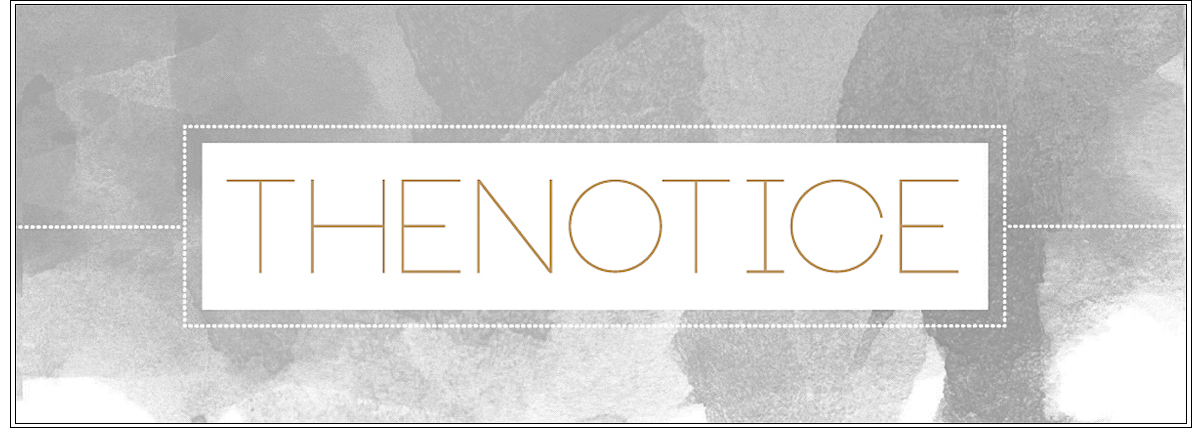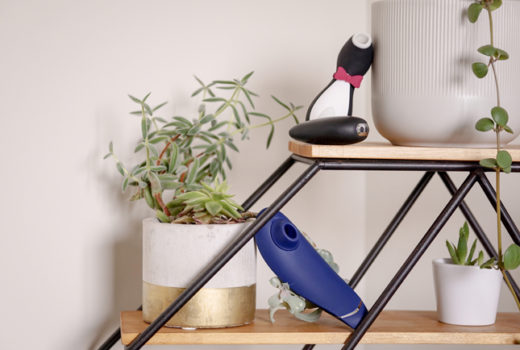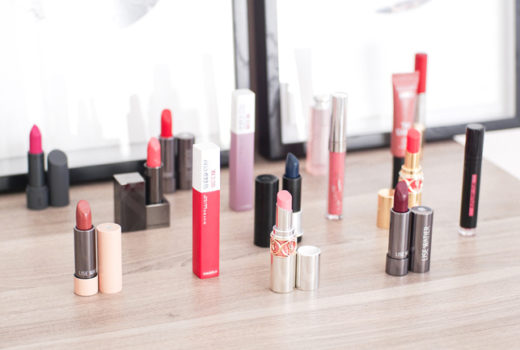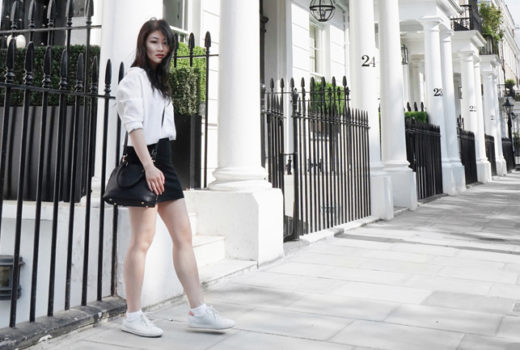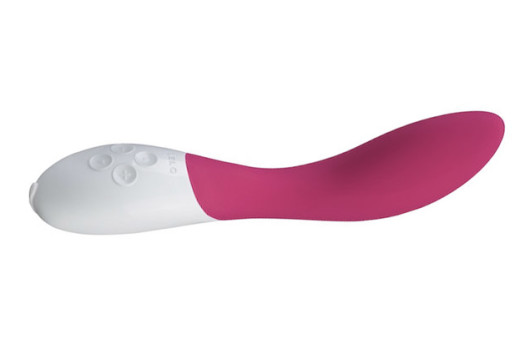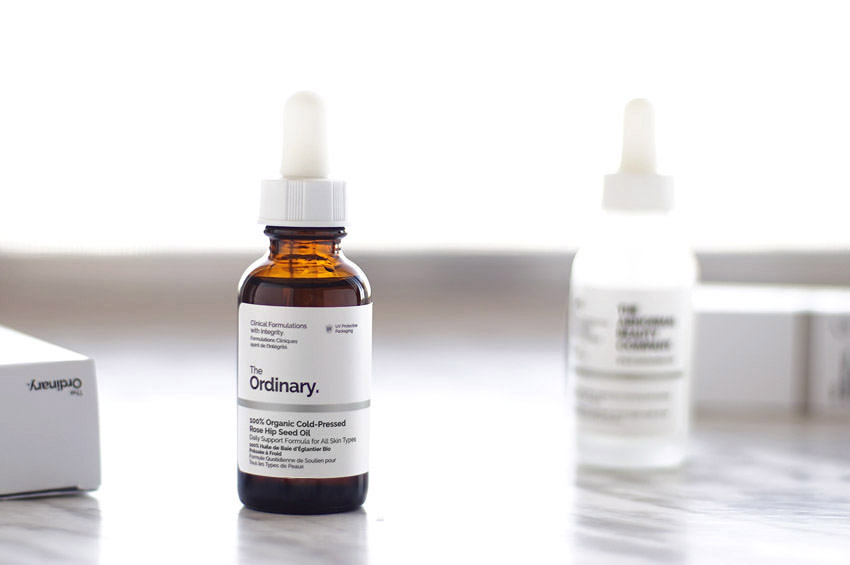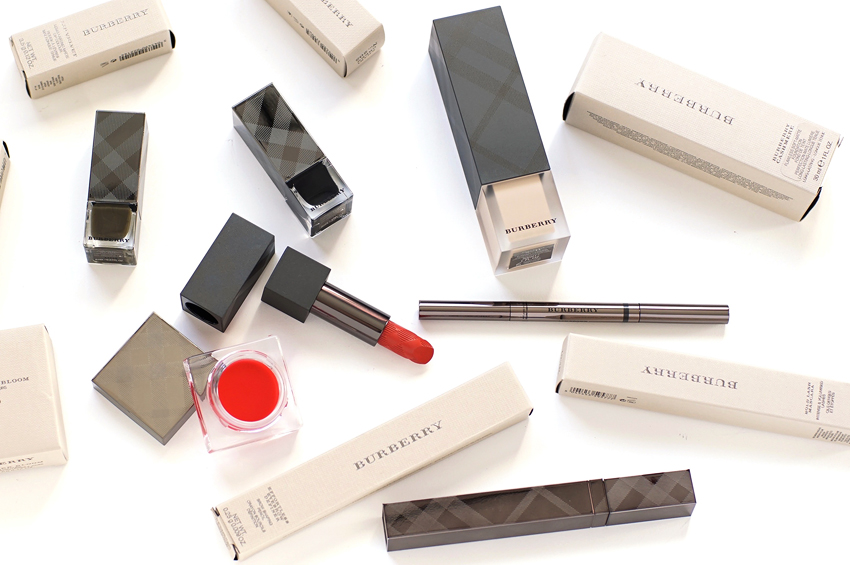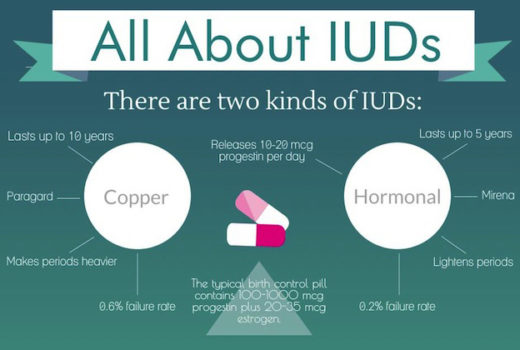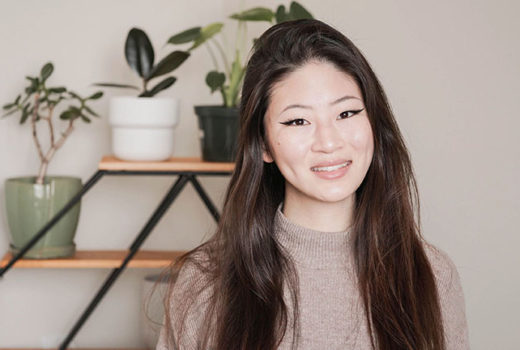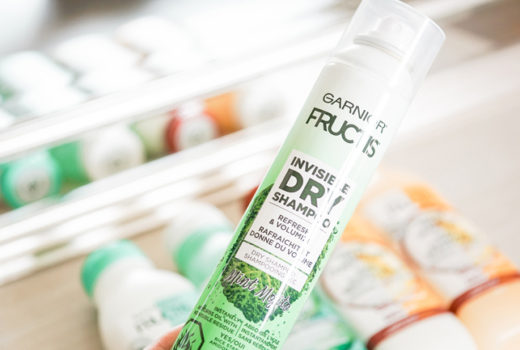I talk a lot about being in therapy — but talking about how to find a therapist isn’t something that I’ve written about before on theNotice. While I adore my current therapist, finding her was a struggle. It’s difficult to find a therapist that fits well with you, and adding on layers of marginalization makes that process even more challenging.
How I worked to find a therapist to fit my needs
If you’re interested in trying therapy (or a new therapist), I’m sure you’ve already read a ton of articles about finding the right practitioner for your needs. You may have asked a friend for help, or discussed a referral with your doctor.
So instead of telling you why you might want to see a therapist, or making recommendations about what kind of therapist is best, I’m just going to share what I did to find my therapist.
To begin, I hit up the Psychology Today listings in my city and started making a list. I sorted their therapists exhaustively: I wanted someone who could understand the immigrant experience, but as that isn’t something you can filter by, I looked instead for someone who spoke at least one language other than English. They had to be LGBTQ2+ friendly and offer sliding scale rates, even if there weren’t any sliding scale spots open on their roster. And, most importantly, they couldn’t just offer cognitive-behavioural therapy. I was so tired of uninquisitive, checked-out therapists handing me worksheet after worksheet.
That left me with a list of about 40 therapists, so I further pared the list down by removing anyone who wasn’t trained in at least one of Jungian, attachment-based, or psychodynamic therapy — three styles that I’ve researched, studied, and found work well for me. I then looked up each therapist and removed anyone who didn’t list themselves as trans and sex worker friendly: I’m not letting some TERF or SWERF root around in my brain.
Finally, I bookmarked each therapist who met all of those requirements and was a minority. And then I called each and every one to request to be added to their waitlist.
Why you should always waitlist
I ended up calling about a dozen therapists, half of whom had waitlists and none of whom had an open spot. Here’s my biggest recommendation for others like me: if you can contact a therapist that sounds like a good fit, leave your name and number. It doesn’t matter if you’re calling a dozen of them. It doesn’t even matter if you’re calling three dozen of them! Most therapists have a waitlist as long as their forearm, and the more lists you can get your name on, the better. You can always decline when they call back with an opening, but because that callback can take months, you should give your future self as many options as possible.
When I finally found my current therapist, I was burnt out on the therapy game. I had been seeing one of the other therapists I had been waitlisted for, but I didn’t feel like we were making a lot of progress. When that one broke down in tears partway through my last session (and then charged me $200 for the pleasure of handing her tissues for half an hour), I gave up and took a break from therapy altogether.
About six months after that, my current therapist called to say that a spot had opened up — and boy, was I glad that I had put my name down so far in advance. Leaving myself so many options gave me the flexibility to find a therapist that isn’t just a good fit, but a great fit. For once, I look forward to each new therapy session, and I feel like we really are making progress.
A few more things I look for in each therapy session
- Introductions should take no more than one session. Anyone who says to expect more than that is scamming you.
- I can’t work with a therapist who I feel the need to please. If I’m making too many jokes and waiting for laughter, it’s a bad fit for me.
- I will not, for any reason, give a therapist my professional portfolio. A good therapist should know to treat you like a client, not like a professional acquaintance — even if your fields of study overlap.
- The right therapist for me will never play to my ego. Acknowledging my progress is healthy, but flattering my every choice is a sign that they’re covering up their own lack of skill.
- A good therapist knows how to give you breaks & naturally loop back later.
- A good therapist doesn’t repeat their mistakes.
- However, a good therapist also doesn’t make a big deal about their mistakes. Your sessions should be about you, not them.
- If a therapist is only recommending extra reading far beneath your knowledge level, they lack the training and experience that you need. Move on to the next callback on your list!
